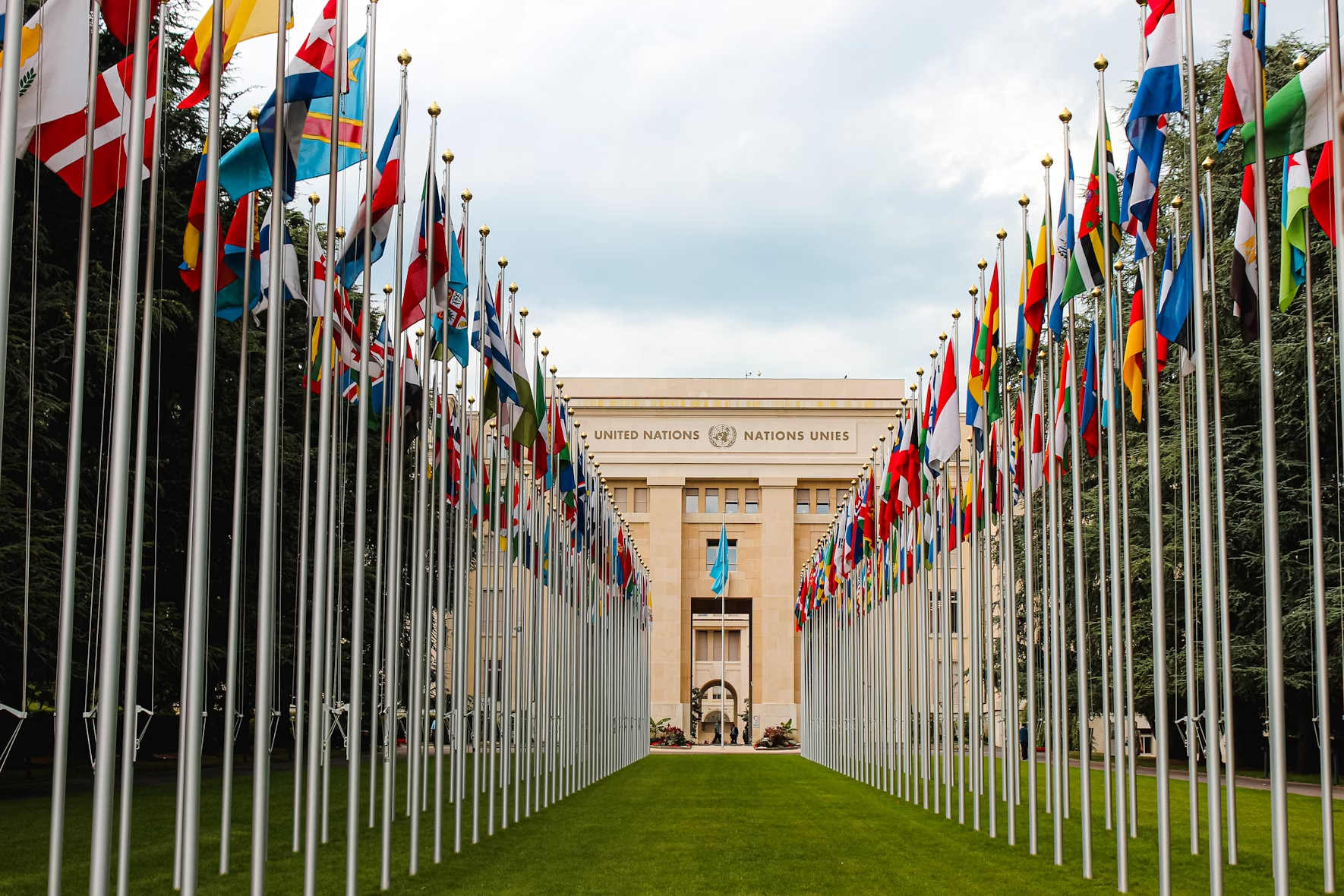
Mexican Women in Diplomacy

Photo by Matthias Mullie on Unsplashed
Historically, women have been significantly underrepresented in global politics and diplomacy. Some argue that progress on issues affecting youth and women’s rights can be achieved without their direct involvement, relying instead on male counterparts to advocate on their behalf. However, the United Nations disagrees. They stated that promoting gender equality and empowering all women and girls is key to achieving progress across all Sustainable Development Goals. Integrating a gender perspective throughout the 2030 Agenda is essential, particularly because SDG 5 emphasizes the equal participation of women in decision-making.
To underscore this point, the UN has designated June 24th as the International Day of Women in Diplomacy, a day aimed at educating the world on the importance of “advocating for increased representation of women in key decision-making positions, which will greatly shape and implement multilateral agendas.”
As the International Day of Women in Diplomacy approaches next week, we want to shine a spotlight on Mexican women who have paved the way in international affairs, demonstrating the importance of inclusive leadership that advances gender equality, addresses climate change, and prioritizes youth well-being.
Leticia Bonifaz Alfonso
Leticia Bonifaz Alfonso is a distinguished Mexican legal scholar and human rights advocate. She earned both her undergraduate and doctoral degrees in law from the National Autonomous University of Mexico (UNAM), where she has been teaching since 1982.
According to an article by the Asociación de Diplomáticos Escritores, from 2015 to 2018 she led the Directorate for Human Rights Studies, Promotion, and Development at Mexico’s Supreme Court of Justice. Her expertise has also taken her to international platforms. From 2021 to 2024, she served as an independent expert on the United Nations Committee on the Elimination of All Forms of Discrimination Against Women (CEDAW).
“We must all do everything possible to ensure women are at the table, our voices heard, and our contributions valued.”
— UN Deputy Secretary-General Amina Mohammed
Palma Guillén
Palma Guillén was a pioneer for Mexican women in diplomacy. Her path toward leadership was influenced by a life surrounded by intellectual women. One of her closest friends was Gabriela Mistral, the celebrated writer and Nobel Prize in Literature (1945).
In 1935, Guillén was appointed by the Mexican Ministry of Foreign Affairs to serve as Extraordinary Envoy and Minister Plenipotentiary, first in Colombia and later in Denmark. She became Mexico’s first female ambassador and the first Mexican woman to hold such a high diplomatic post during the interwar period.
Amalia González Caballero de Castillo Ledón
Originally from Tamaulipas, the Mexican National Archive demonstrates that Amalia González Caballero de Castillo Ledón was a trailblazing social reformer and Mexico’s first official female diplomat. A tireless suffragist and intellectual, she used her strategic influence to help build cultural and educational institutions that still endure today. Alongside other women of her time, she fought relentlessly to secure women’s right to vote and be elected, a landmark achievement in the Americas during the 1930s.
She also founded the Mexican Women’s Athenaeum, which aimed to bring together influential women from various fields, creating a space that reflected the richness and diversity of Mexican female culture.
It’s 2025, and I can affirm that Mexico’s history will be marked by the election of a female president. This only shows that the role of women in politics will continue to grow, and hopefully signify changes in Mexico's legal framework that contribute to gender equality.
Many families have chosen to move to Mexico from the United States due to the current political climate, with the help of law firms like DNEXPRESS (Dual Citizenship Express/ Doble Nationalidad Express). Having children to protect is one of the main reasons why someone chooses to make such a drastic decision, as well as having a Mexican passport. As of now, these people can be certain that their daughters will live in a time of female leaders who inspire their youth.
This blog is not just a tribute to brilliant women of the past; it is a call to inspire young women who aspire to careers in diplomacy. Regardless of background, race, or ethnicity, the role of women in politics and global leadership must not be underestimated. It is thanks to these intellectual and courageous pioneers that we can write and post this blog today.



